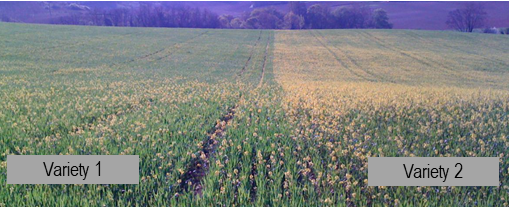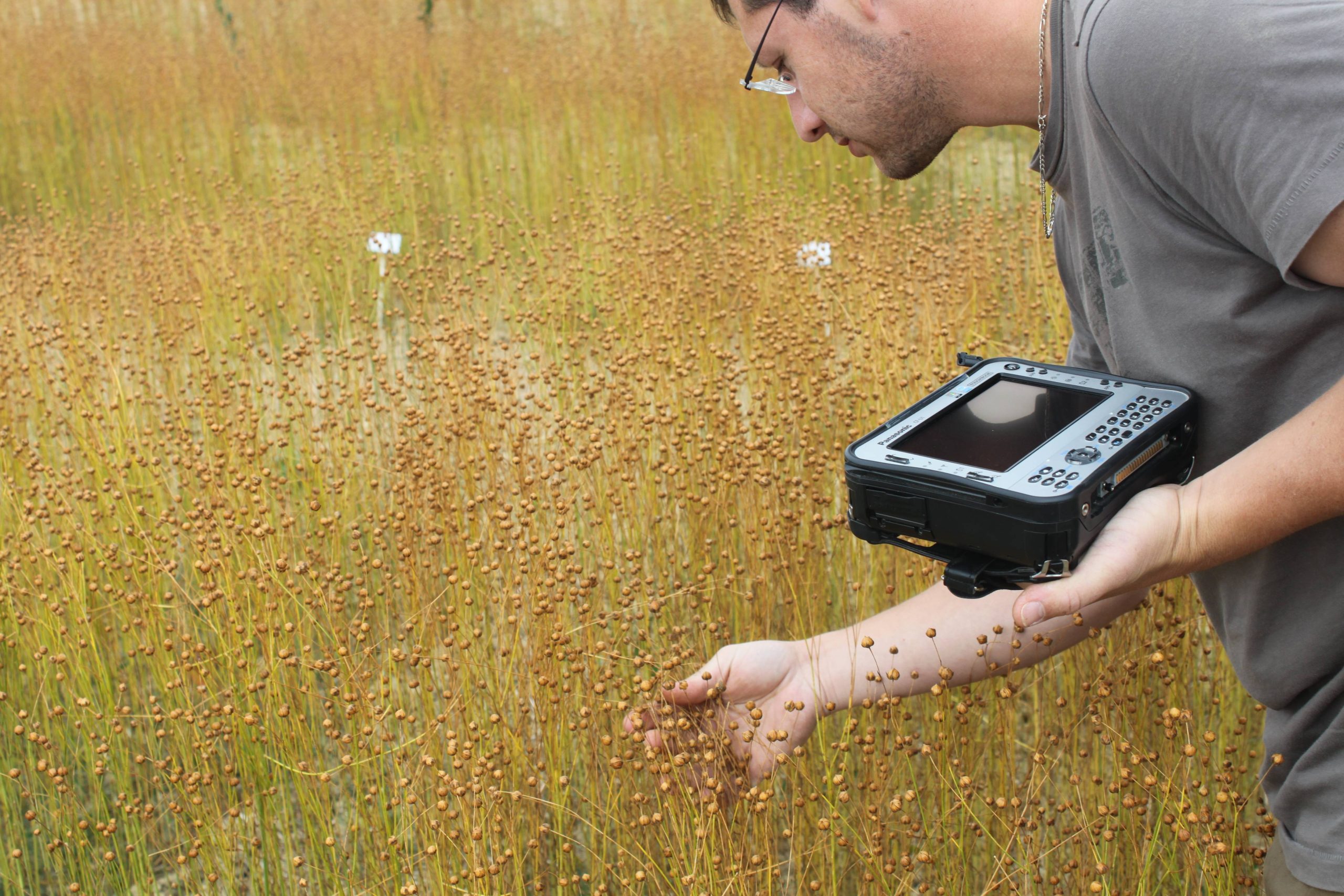Plant variety protection
A specific legal system for plant variety protection entirely dedicated to plant breeding.
Plant Variety Rights (PVR)
All new varieties – provided they pass the administrative and technical examinations successfully – can be protected by a specific intellectual property right called a Plant Variety Right (PVR).
PVRs grant the holder an exclusive right to the variety for certain acts: production, reproduction, conditioning, offering for sale, selling, marketing, exporting, and importing. PVRs also grant the holder the right to exclude all other parties from using the protected variety without authorisation. However, varieties protected by a PVR can be used freely for plant breeding purposes, thereby facilitating access to genetic diversity. This is called the breeder’s exemption.
For some species, PVRs enable farmers to reuse the seeds under certain conditions.
This exclusive right is valid for a period of 25-30 years depending on the species* from its date of issue. As of 28 December 1995, this protection applies to the entire plant kingdom.
In France, PVRs are granted by INOV and are effective only in France. For larger geographical protection, the applicant can extend their request in France by priority to other countries. The applicant can also apply for a plant variety right that is valid throughout another country or regional offices.
It is not yet possible to acquire international protection through one application.
*25 years in general, and 30 years for forest, fruit and ornamental trees, vine, potato, perennial forage grasses and legumes, and inbred lines used for producing hybrid varieties.
Regulations
In France, the legal framework for PVRs is set out in the French Intellectual Property Code (Code de la Propriété Intellectuelle) (Art. L. 623-1-…). These national legal provisions are fully harmonised with the international legal framework set out by the International Union for the Protection of New Varieties of Plants (UPOV) and the Community Plant Variety Office (CPVO).
Find out more about:
Variety Denominations
Each candidate variety must be designated by a suitable variety denomination:
« To be registrable, the denomination must enable the variety to be identified and distinguished from any other variety, and shall not give rise to any risk of confusion with another variety of the same or a closely related botanical species, in France or in States party to the Paris Convention of 2 December, 1961, for the Protection of New Varieties of Plants. The denomination shall not be liable to mislead or cause confusion as to the origin, source, characteristics or value of the variety, or to the identity of the breeder. It shall not be contrary to public policy or morality.” (Art. R623-6 of the French Intellectual Property Code). »

Variety denominations are evaluated by the Denominations Commission, which is composed of INOV and the CTPS. This evaluation verifies:
- If the name is available, by consulting databases such as Variety Finder, a search engine developed by the CPVO, and Pluto, UPOV’s database.
- If the name is eligible according to the rules recommended by UPOV.
Note: The Denomination Commission examines the denominations for candidate varieties for both national protection and registration in the Official Catalogue.
- Link to PLUTO, UPOV plant variety database
- Link Variety Finder, CPVO plant variety database
CPVO entrusted examination offices
The INOV bureau receives all applications for plant variety protection in France. As such, INOV handles the administrative procedures and outsources the technical examinations. For this, INOV calls on one of the bodies entrusted by the CPVO, called Examination Offices, which then carry out the necessary technical examination. The aim of the technical examination is to verify that the variety is Distinct from others, Uniform in its characteristics and Stable in the long run (DUS). These DUS criteria are compulsory, and must be met by the variety in order to qualify for a plant variety right pursuant to Article L623-2 CPI.
To be a CPVO entrusted examination office, the technical examination center must observe strict quality requirements. This entrustment, granted for 3 years and renewable, can be re-evaluated at any time. All examination offices undergo regular audits by the CPVO. More details can be found on the CPVO’s website.
The choice of Examination Office for candidate varieties for protection in France is made on the initiative and under the responsibility of the Head of INOV. Consequently, DUS technical examinations are carried out either by GEVES or by one of GEVES’s official counterparts, generally from within the EU.

GEVES is recognised by the CPVO as an excellent examination office. Its expertise is recognised for more than 300 botanical species (consult the list here) across the four crop sectors:
- Ornamental
- Agricultural
- Fruit
- Vegetable
GEVES is reputed for its high-quality and trusted expertise in DUS testing, in particular:
- The internationally-recognised expertise of its DUS experts
- Its high-quality reference collections.


